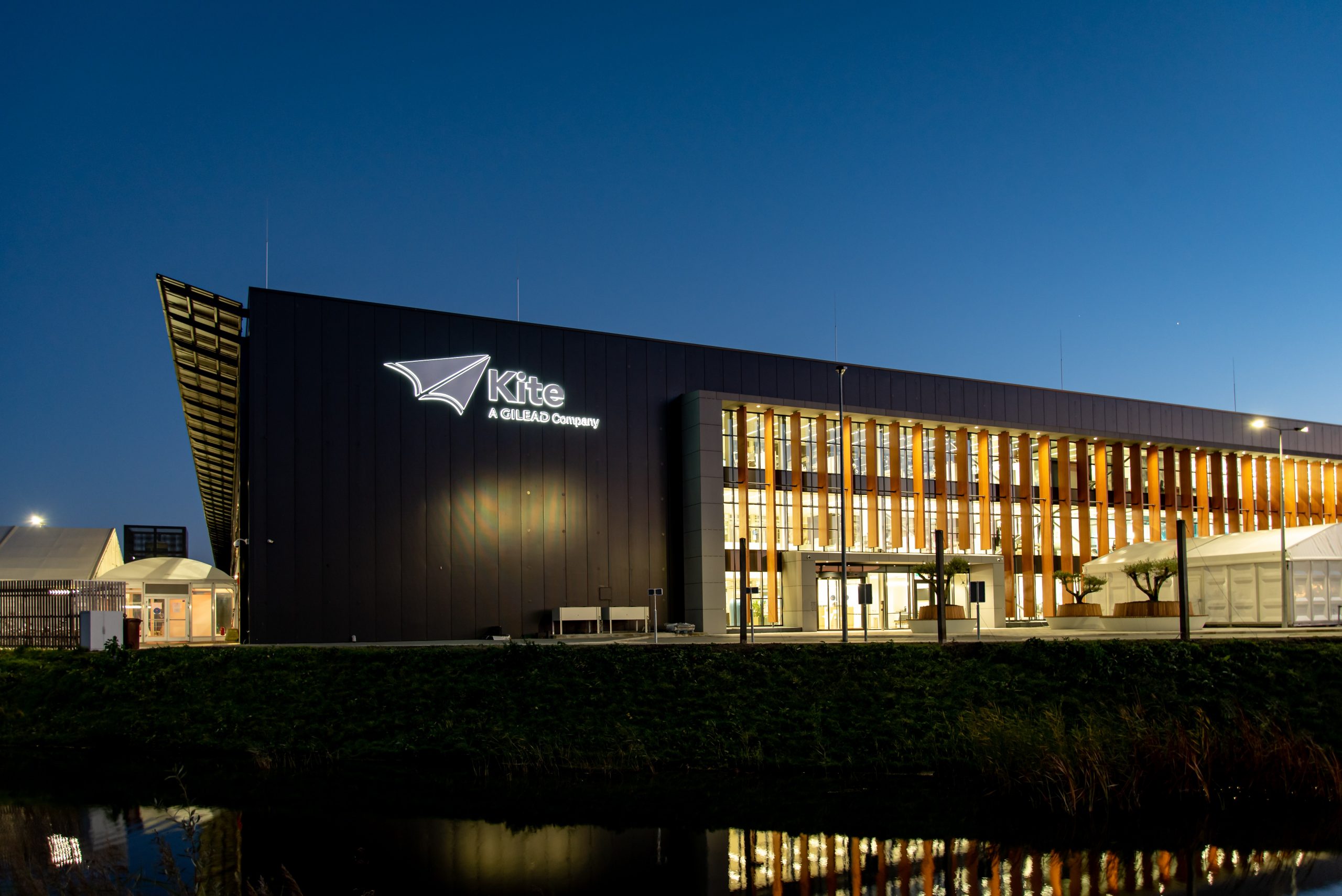NHS and Kite sign access deal for Kite's cancer cell therapy Tecartus

NHS patients in England will be among the first in the world to receive Gilead’s Tecartus cancer cell therapy for certain types of lymphoma, after the company’s specialist Kite unit struck a deal with NICE.
Marketed as Tecartus (autologous anti-CD19-transduced CD3+) in Europe, the drug was approved in the EU in December for adults with relapsed or refractory mantle cell lymphoma after two or more lines of systemic therapy including a Bruton’s tyrosine kinase (BTK) inhibitor.
It has been approved in the US since July last year and like other CAR-Ts the one-time therapy is expensive at $373,000 a shot in the US.
NICE said in guidance that the treatment can be considered for those with relapsed or refractory mantle cell lymphoma, after treatment with drugs such as AbbVie/Janssen’s Imbruvica (ibrutinib).
Kite has signed a managed access agreement with NHS England that allows for funding via the Cancer Drugs Fund (CDF) at a commercially confidential discount, so more data can be collected for NICE’s cost-effectiveness calculations.
While in most cases reimbursement from the CDF results in regular NHS funding in the long run, manufacturers must usually produce convincing overall survival data before NICE gives this the go-ahead.
But as Bristol-Myers Squibb found out earlier this month with its Opdivo immunotherapy in head and neck cancer, NICE is prepared to say “no” in the absence of the required data after a period of funding on the CDF.
NICE said in a statement that it is looking for further data on progression-free survival, overall survival and age when treatment with Tecartus starts.
This will help reduce uncertainty in evidence while NHS is used on NHS patients.
The NHS has ten providers around the country which will be able to offer this treatment option.
Many parts of the country continue to experience pressures on critical care services, that are required for the administration of a CAR-T therapy and patients can travel to centres further afield to receive their treatment if necessary, NICE said.
There is no standard treatment for adults, who are usually in their 70s, with relapsed or refractory mantle cell lymphoma after a BTK inhibitor. A combination of rituximab, bendamustine and cytarabine (R BAC) is the most common treatment option.
Around 100 patients each year could be treated with this CAR-T therapy.
NHS England has been leading the way with funding of CAR-T (Chimeric Antigen Receptor T-cell) therapies after it became an early adopter of Novartis’ Kymriah the first approved drug from this class in September 2018 in acute lymphoblastic leukaemia (ALL).
CAR-T therapies are made by harvesting a patient’s T-cells, genetically engineering them to target cancer cells and reintroducing them into the body.












